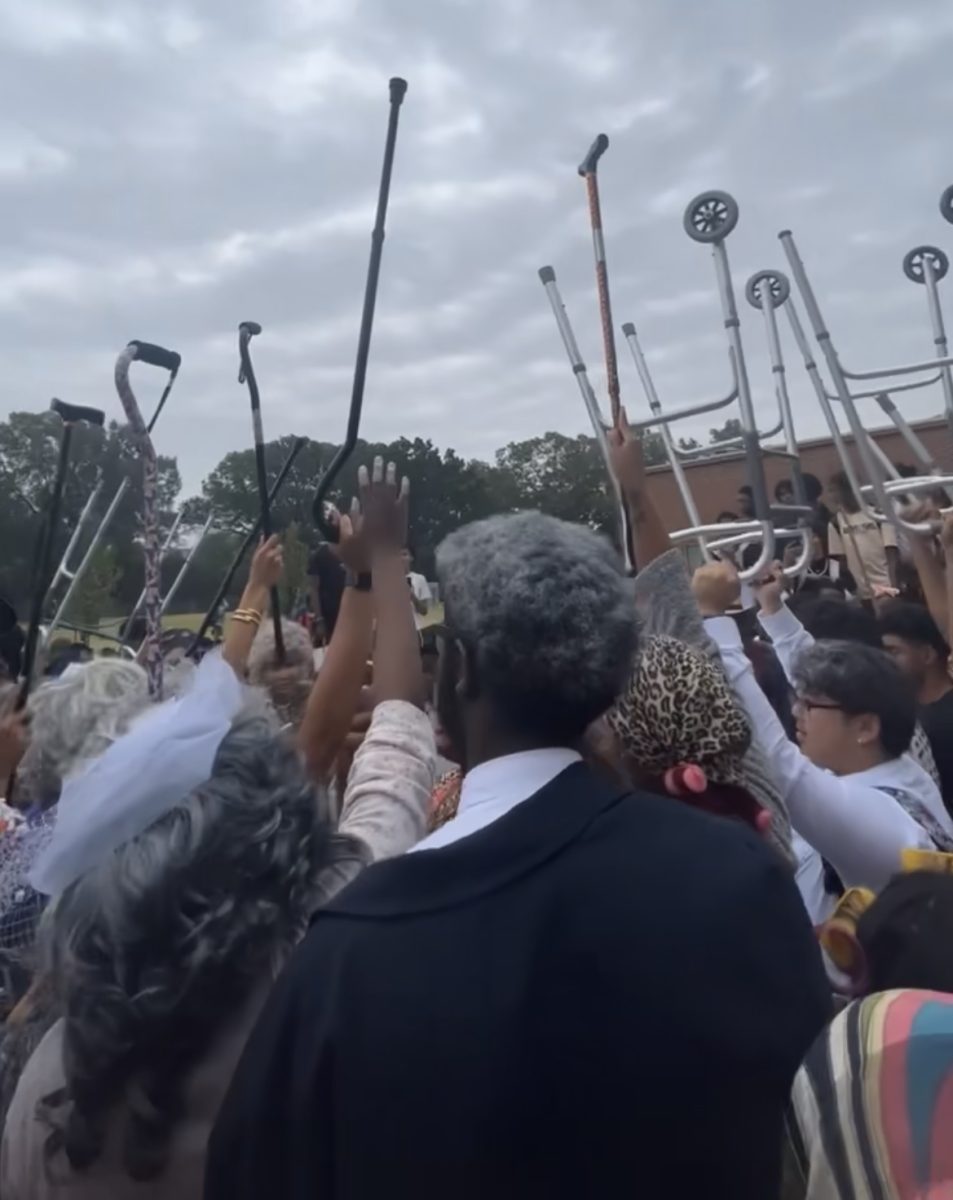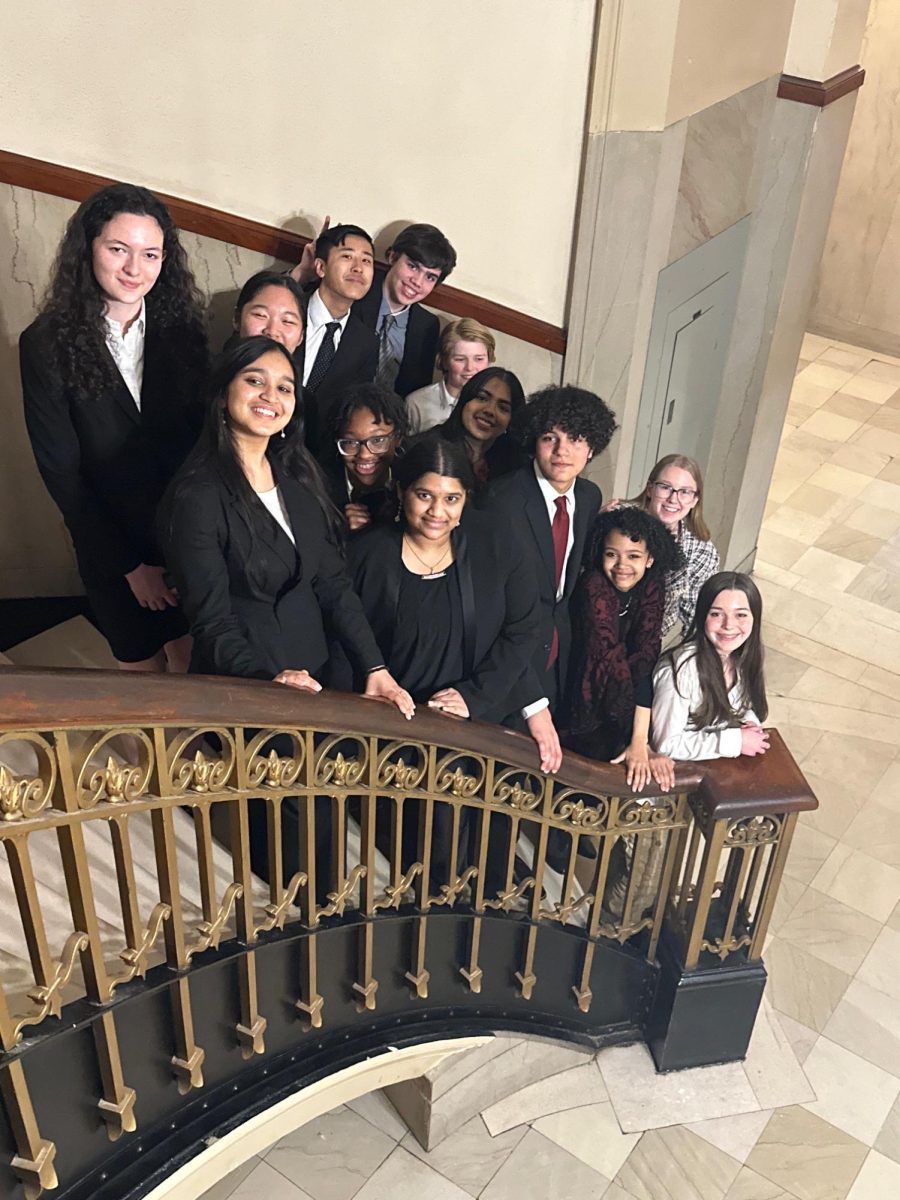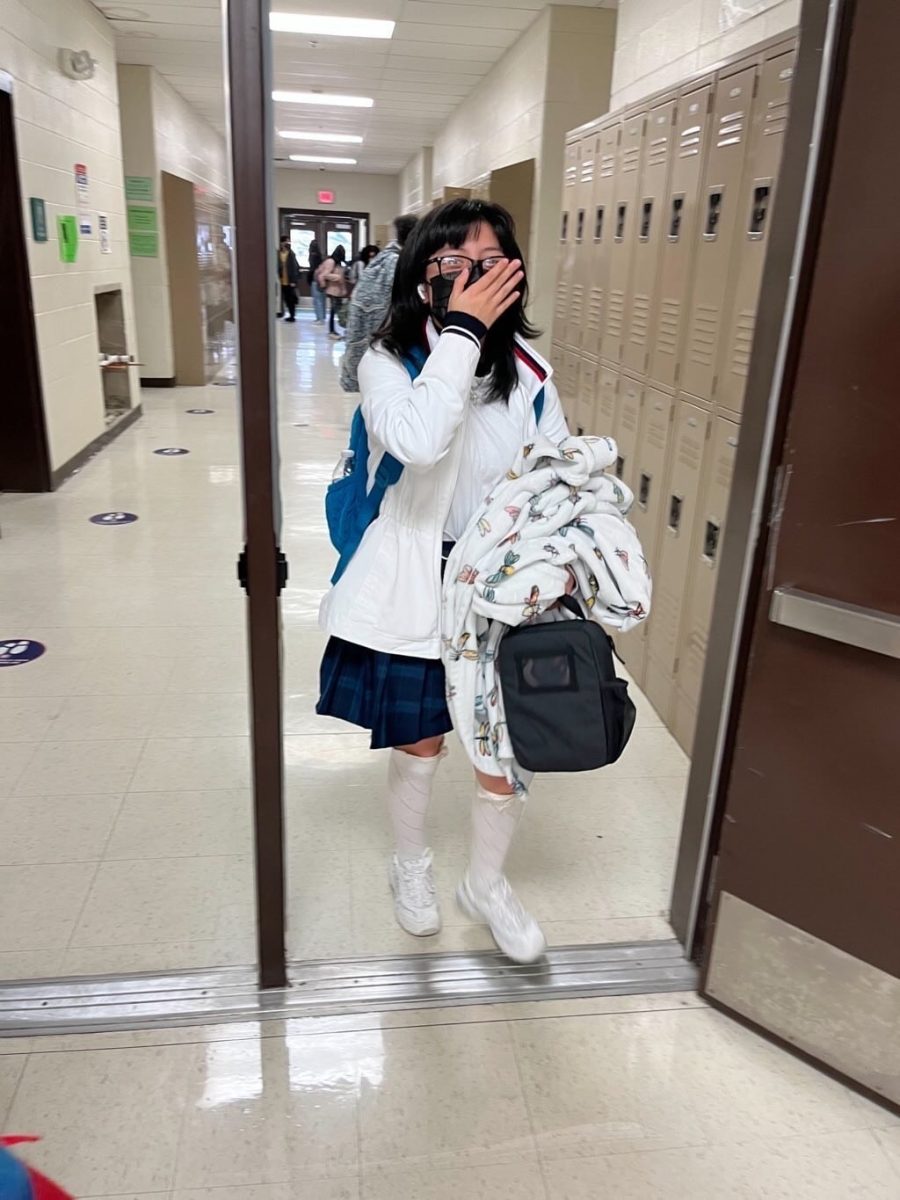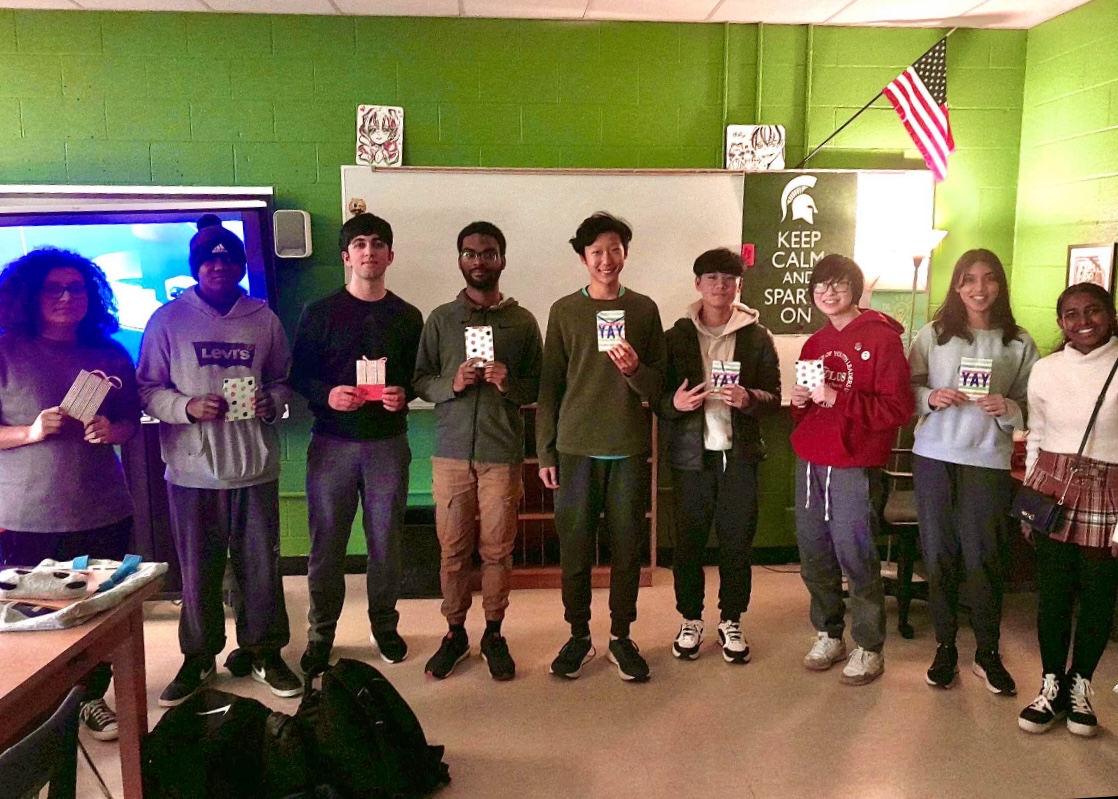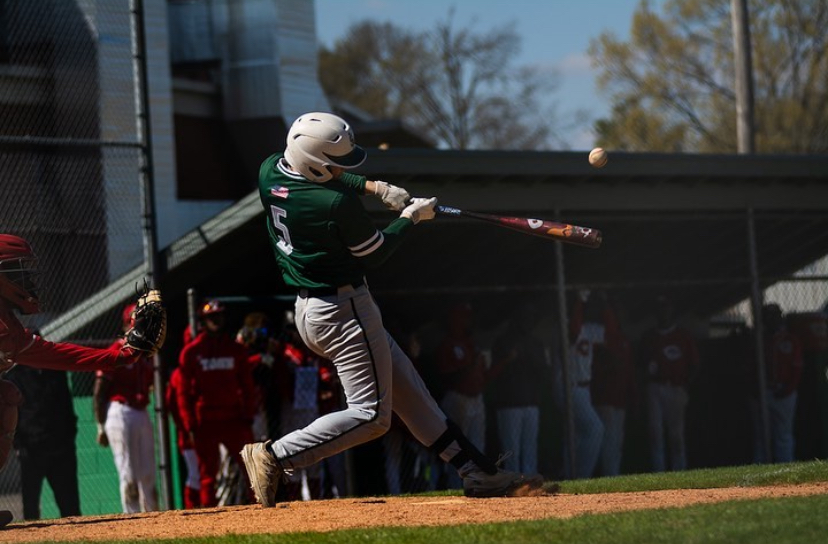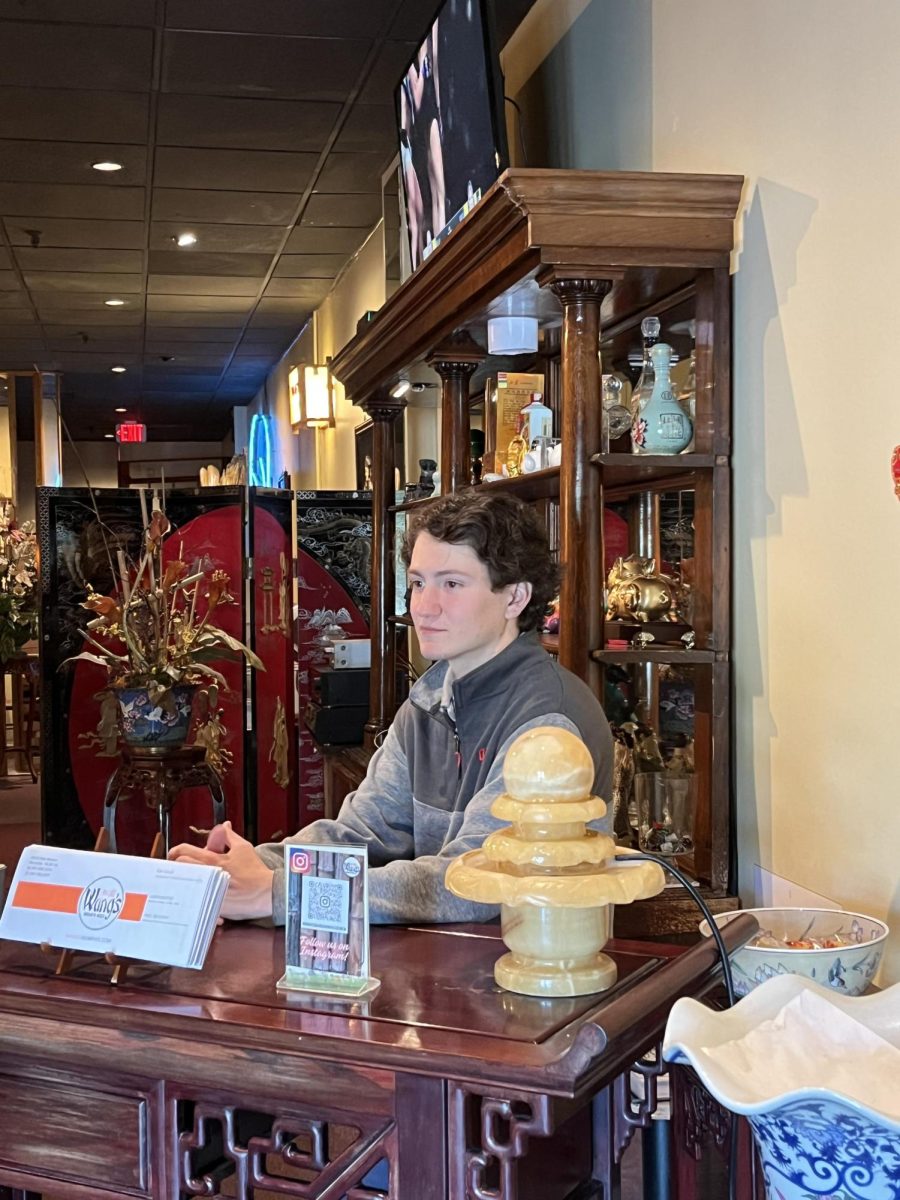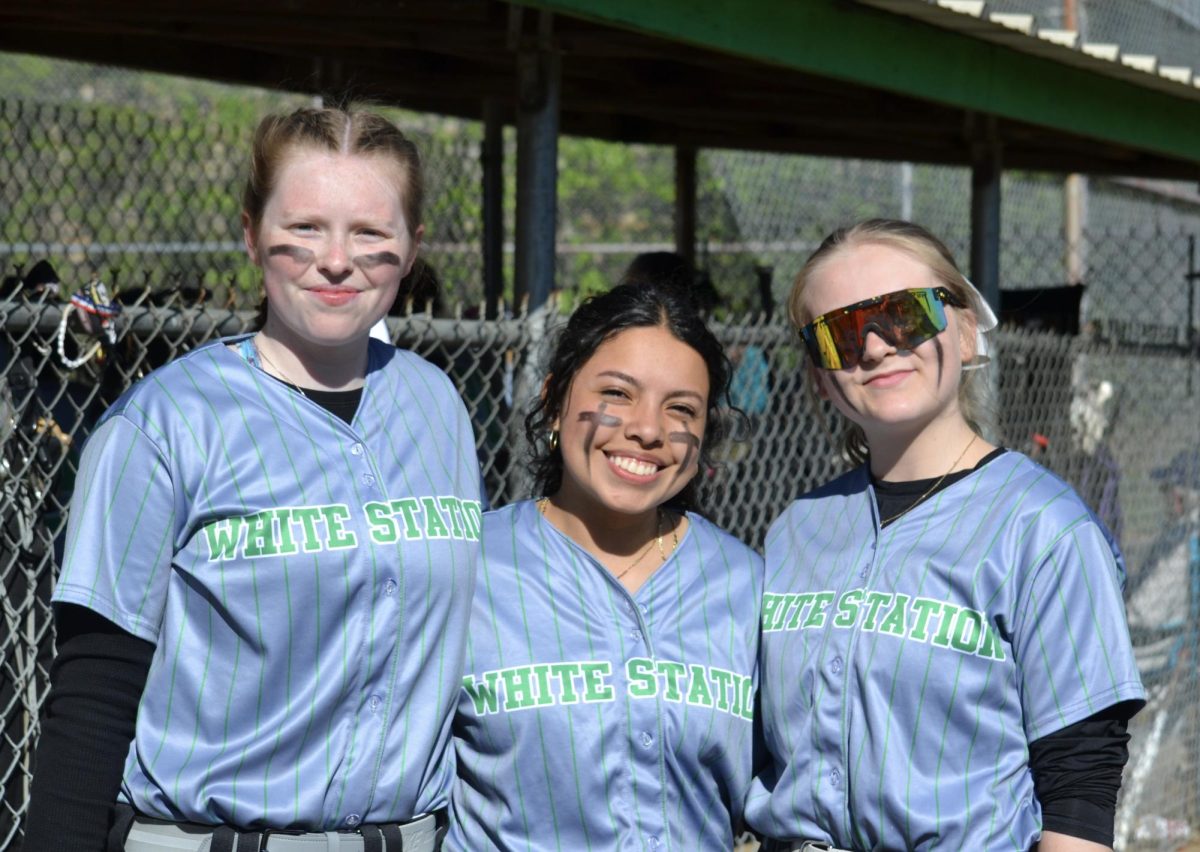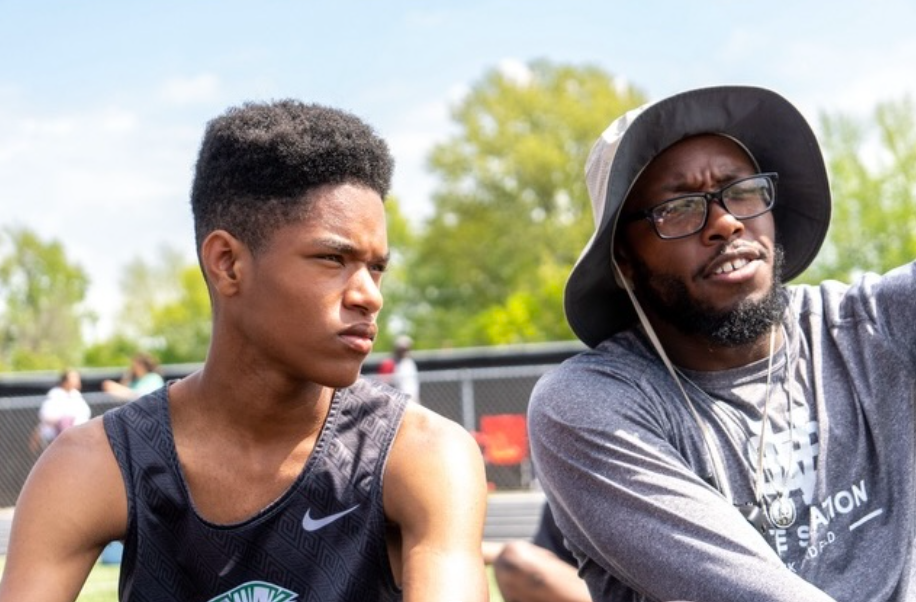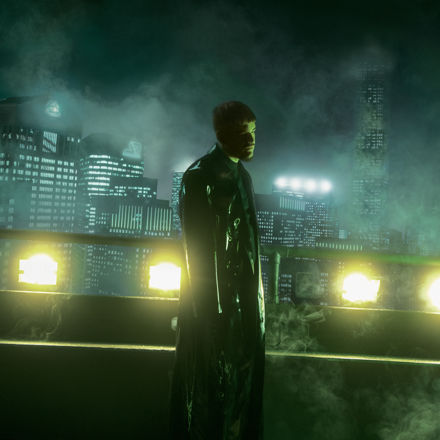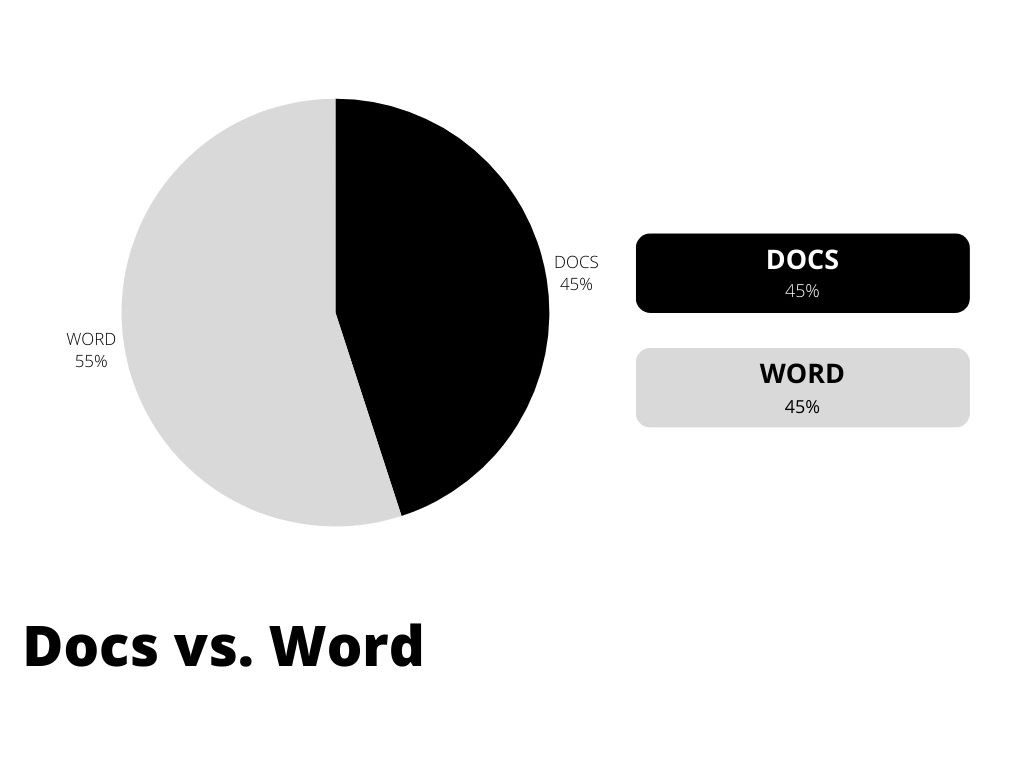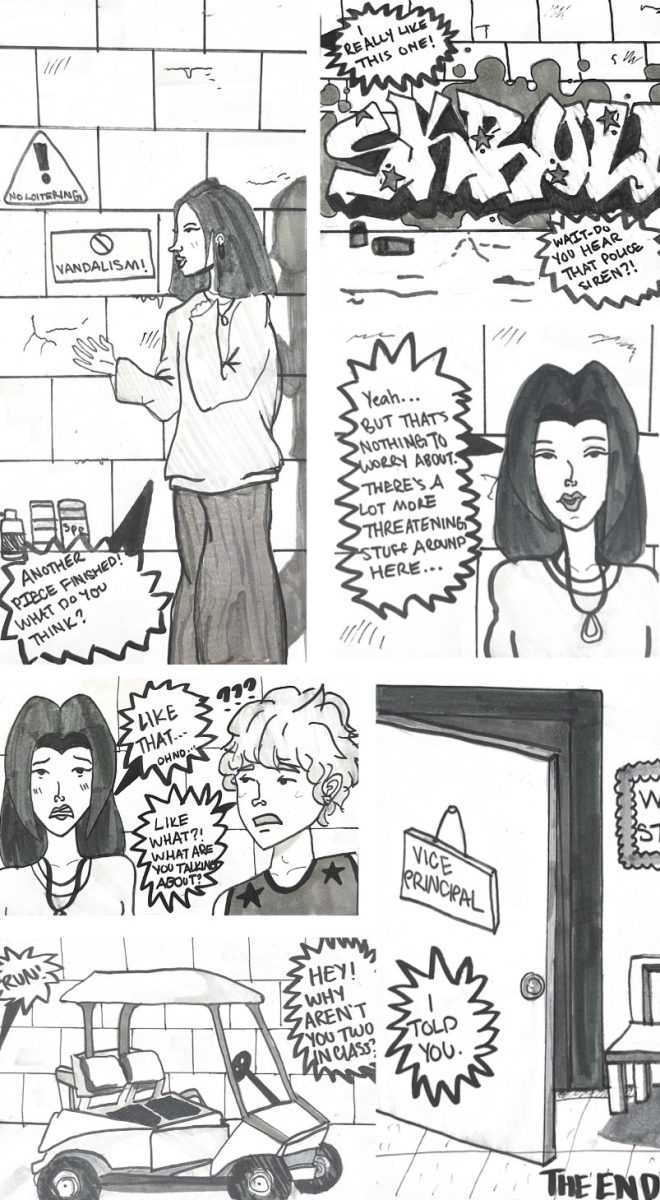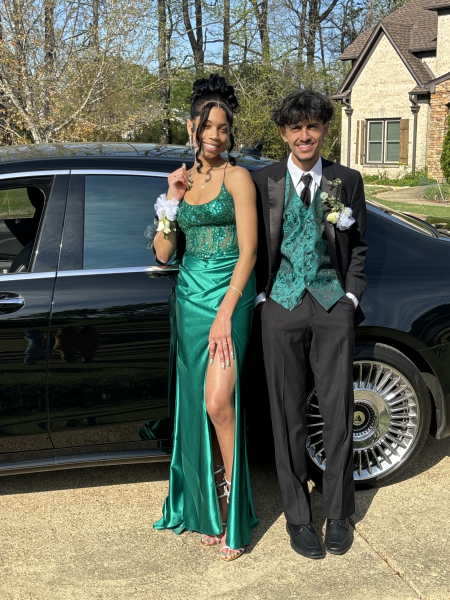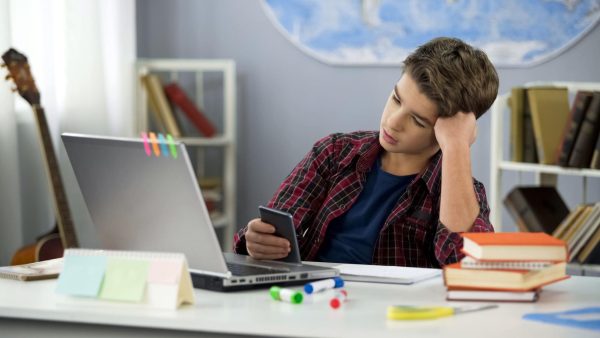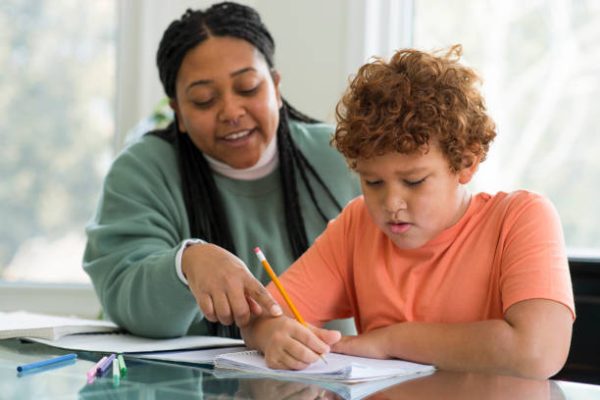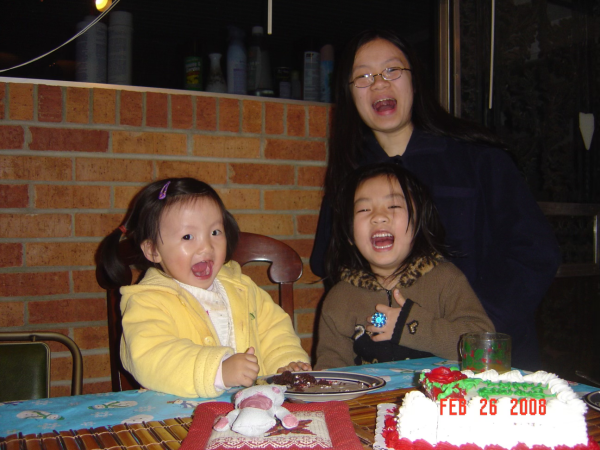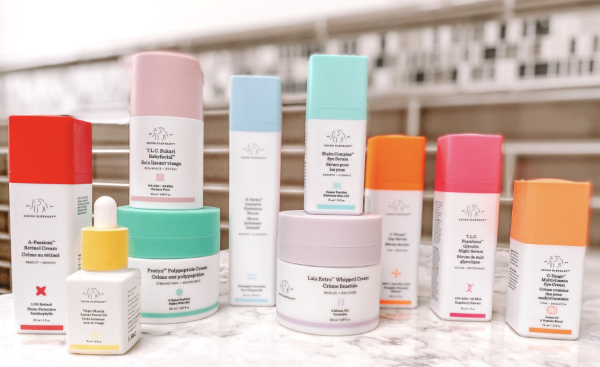Does high school stifle creativity?
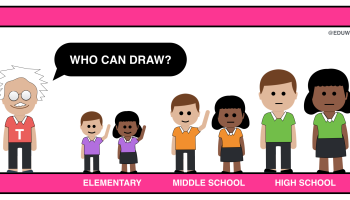
Students lose their artistic ability over time.
Hayden Thornton (10) studiously completes her project for Pre-AP English. Whereas her project fits the rigid structure set by the rubric, her mind files a million miles an hour, contemplating all the creative elements she wished she had to liberty to put in the assignment.
In elementary school, students are taught the value of creativity through art, music and fun group skits. In middle school, art and music begin to be replaced by advanced maths and sciences; still, teachers assign projects where students must use their imagination. However, in high school, it seems there is no time for creativity.
“The grades count more and the rubrics are harder,” Thornton said. “In my Pre-AP English class sometimes it’s like ‘it has to be this, it has to format like this, it has to have pictures here.’”
Being creative may seem unimportant, but it has real-world applications. For example, politicians must be creative when creating a bill to solve a problem.
“Being creative in high school allows the brain to think outside of the box so that when you’re faced with certain problems, you can address those in different ways,” creative writing teacher Christopher Robbins said of the importance of creativity.
Robbins also agrees that high school limits creative opportunities.
“Many teachers try to allow their students to be creative in how they present material, or how they learn material, but the idea of true creativity, of giving students something and saying ‘do what you will with this’ is very different and many classes are restrictive of that,” Robbins said.
In the competitive high school environment of AP classes, research reports and STEM programs, it seems nearly impossible to find that blissful feeling of narrating a fairy tale in third grade English.
Despite this, some students still find ways to let their creativity shine.
“When the class doesn’t have as strict of a rubric, I try to be creative as I possibly can with it,” Thornton said. “I also do it [art] in my free time and when a friend’s birthday is coming up.”
Creativity is an important skill that everyone is born with, but that the world tries to suppress.
Maybe Pablo Picasso says it best:
“Every child is an artist. The problem is staying an artist when you grow up.”
Your donation will support the student journalists of White Station High School. Your contribution will allow us to purchase equipment and cover our annual website hosting costs.
